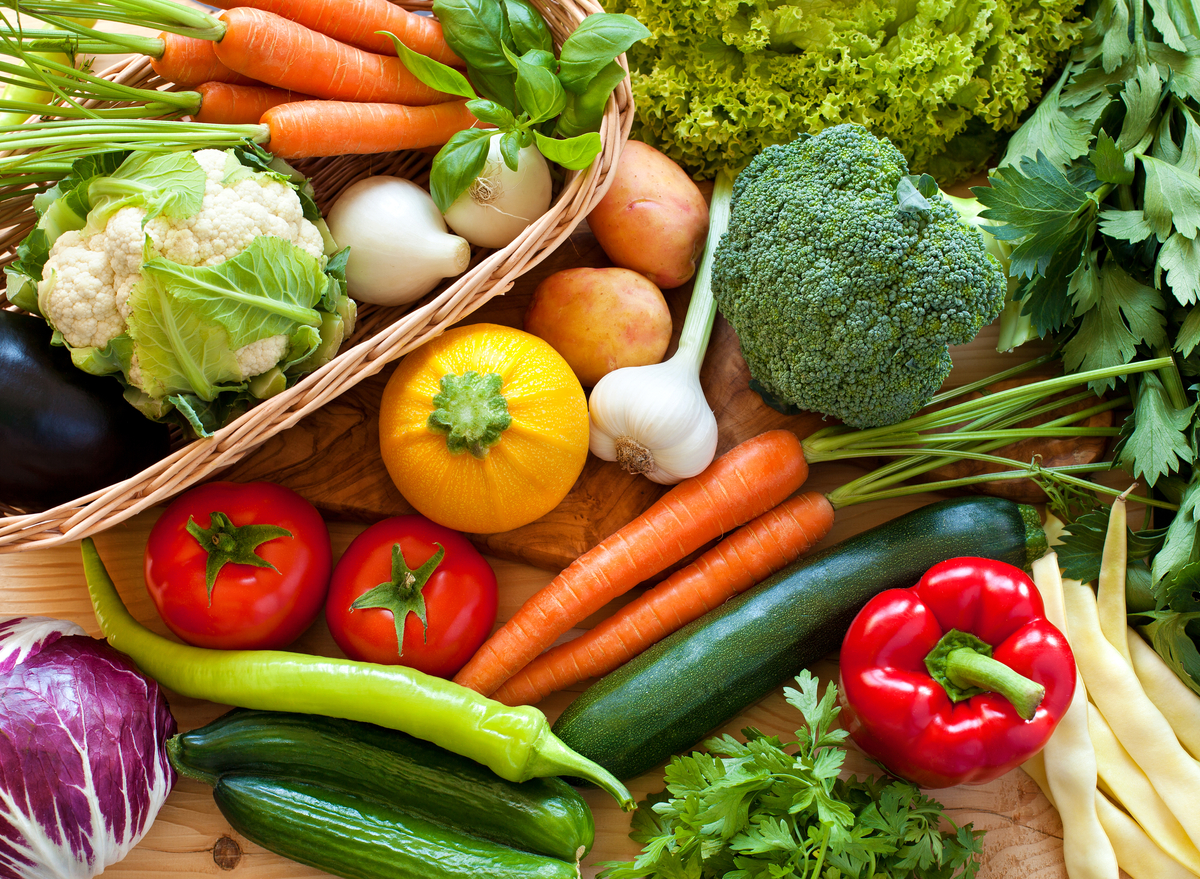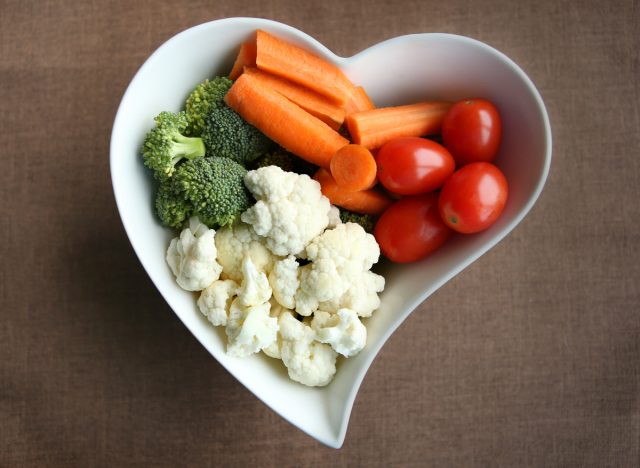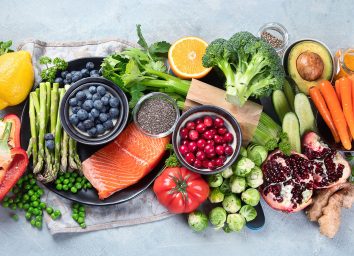The #1 Best Vegetable for Your Heart, Says New Study

It may seem, when you're considering your dietary choices, that a vegetable is a vegetable, and you're going to get similar health benefits no matter how you eat it.
However, new evidence suggests that the way you prepare your veggies may have a significant impact on your health. Sautéing your spinach, for instance, could yield different results than eating it raw. In fact, recent research finds that eating raw vegetables instead of them cooked is linked with a lower risk of getting heart disease.

In a new study published in the journal Frontiers in Nutrition, researchers looked at dietary information from nearly 400,000 adults in the United Kingdom, comparing this information to data about cardiovascular disease (CVD) incidence over a follow-up period of 12 years. They found that raw vegetable intake was inversely associated with getting CVD and with death from the disease, while no such link existed for eating cooked vegetables.
Related: The #1 Best Juice to Drink Every Day, Says Science
It's worth noting, however, that this association may not mean that eating raw vegetables directly results in a lower risk of heart disease.
"We did observe an association of raw vegetable intake and reduced CVD risk, but this association was very likely to be accounted for by confounding, especially residual confounding, such as socioeconomic and lifestyle factors," the study's lead author, Qi Feng, PhD, epidemiologist at the University of Oxford's Nuffield Department of Population Health, tells Eat This, Not That!. "But, we also cannot completely exclude the possibility of a true protective effect."
Whether or not eating raw vegetables directly corresponds to a lower risk of heart disease, it's a good idea to make them a key part of your diet either way.
"Even though this study stated it did not find evidence that eating more vegetables provided much protection against cardiovascular disease, this should not sway any of us from eating our vegetables anyway," Cheryl Mussatto MS, RD, LD, clinical dietitian and author of The Nourished Brain, tells Eat This, Not That!. "Multiple past studies clearly show that vegetables are valuable for good health. Vegetables are some of our very best sources of soluble and insoluble fiber, antioxidants, and various vitamins and minerals, all good for heart health, … diabetes and blood pressure."
Plus, there are other choices that you can make to protect your heart and look after your overall health. For instance, check out these Eating Habits to Avoid If You Don't Want Heart Disease, Says Science.









